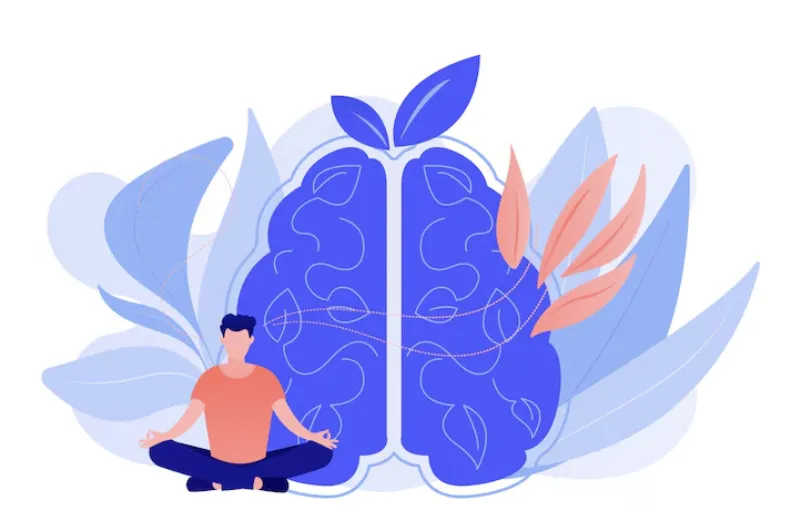Building Strong and Meaningful Relationships

Building strong relationships is a cornerstone of a fulfilling and successful life. Whether in personal or professional spheres, the quality of our connections profoundly influences our well-being and overall satisfaction. This article delves into the key principles and practices that contribute to the development of robust and meaningful relationships.
Open Communication:
- Effective communication is the bedrock of any healthy relationship. Cultivate open and honest dialogue with your loved ones or colleagues. Encourage a safe space for sharing thoughts and feelings, fostering a deeper understanding of each other.
Active Listening:
- Listening attentively is a skill that strengthens relationships. Practice active listening by giving your full attention, making eye contact, and demonstrating empathy. Understand the emotions and perspectives of others before responding.
Trust and Reliability:
- Trust is the glue that holds relationships together. Be consistent in your actions, keep promises, and demonstrate reliability. Trust builds over time, and once established, it forms the foundation for a strong and enduring connection.
Empathy and Understanding:
- Empathy involves stepping into someone else's shoes and understanding their emotions. Show genuine interest in others' experiences, acknowledge their feelings, and validate their perspectives. This fosters a sense of being heard and understood.
Respect for Differences:
- Every individual is unique, and embracing these differences is vital for building strong relationships. Respect diverse opinions, beliefs, and cultural backgrounds. Celebrate the richness that diversity brings to your interactions.
Quality Time Together:
- Invest time in your relationships. Quality moments create lasting memories and deepen connections. Whether it's a meaningful conversation, shared activities, or simply spending time together, prioritize the moments that strengthen your bond.
Conflict Resolution:
- Disagreements are a natural part of any relationship. Focus on resolving conflicts constructively rather than avoiding them. Communicate openly, seek compromise, and find solutions that benefit both parties.
Appreciation and Gratitude:
- Expressing appreciation and gratitude reinforces positive behavior and fosters a sense of value. Acknowledge the efforts and qualities you admire in others, whether it's a friend, family member, or colleague.
Shared Goals and Values:
- Aligning your goals and values with those of your partner or team creates a sense of unity and common purpose. Shared objectives provide a roadmap for the future and contribute to a sense of mutual support.
Flexibility and Adaptability:
- Life is dynamic, and relationships require flexibility. Be adaptable to changes and willing to navigate challenges together. A resilient relationship can weather storms and grow stronger through shared experiences.
Building strong relationships is a continuous process that demands attention, effort, and a genuine commitment to understanding and supporting one another. By embracing open communication, trust, empathy, and shared values, individuals can cultivate connections that enrich their lives. Strong relationships contribute to personal growth, emotional well-being, and a sense of belonging, making them invaluable assets on the journey of life.





